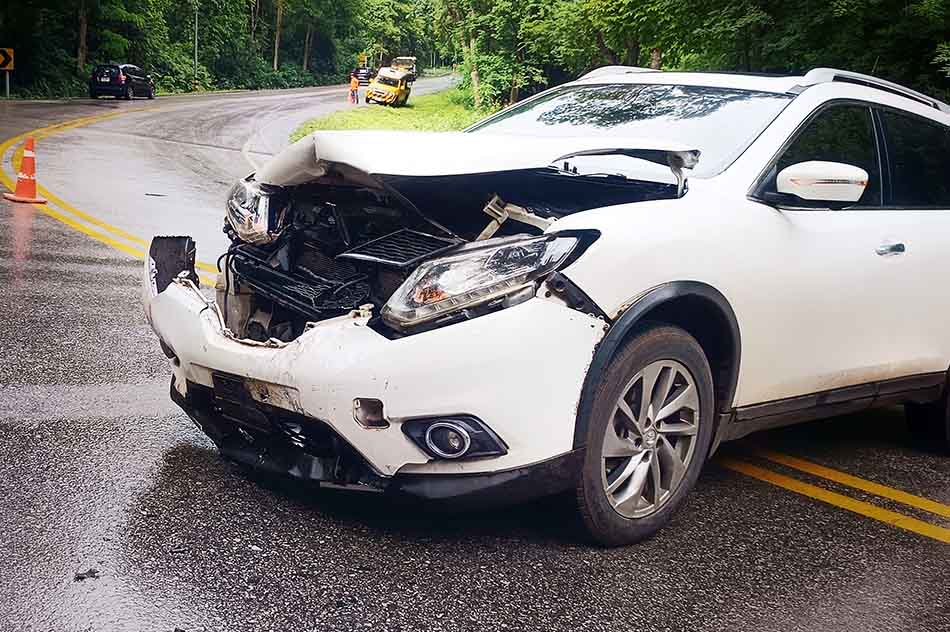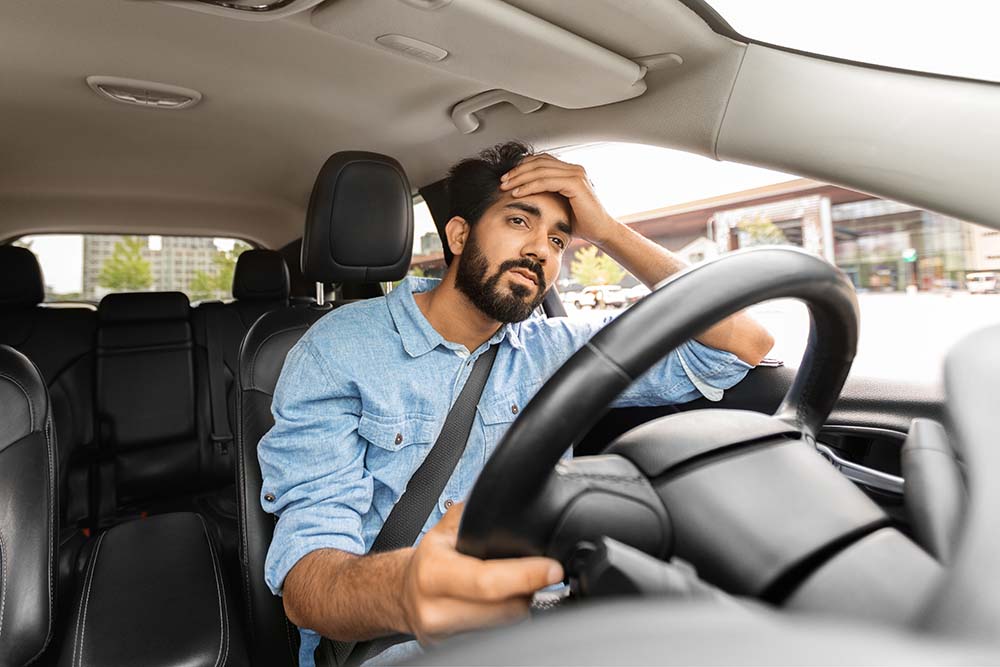If you’ve been involved in a car accident in Georgia, you’ll likely need a crash report. However, there are many misconceptions about how Georgia crash reports work, what they include, and how to obtain them. To clear up the confusion, we’re diving into the seven most common myths surrounding GA crash reports. Understanding the facts can make the process easier and help you avoid unnecessary delays.
1. Myth: Only Serious Accidents Require a GA Crash Report
- Reality: Any accident that involves injury, significant property damage, or a violation of the law requires a crash report in Georgia. Even if the accident seems minor, the law may still require a GADPS crash report if damages exceed a certain threshold. Always check with law enforcement or the Georgia Department of Public Safety (GADPS) to confirm if a report is needed.
After being involved in a car accident, you should always document the incident with an official Georgia crash report. This ensures that the details of the accident are properly recorded for insurance companies and any potential legal issues.
2. Myth: Georgia Crash Reports Are Difficult to Obtain
- Reality: With advances in technology, getting your Georgia crash report online is easier than ever. The Georgia Department of Public Safety (GADPS) offers the ability to access crash reports online, meaning you no longer have to wait for a paper copy.
You can visit the GADPS website or the Georgia Department of Transportation (GDOT) portal to search for your crash report by entering your incident report number, date of the accident, and other relevant details. This process is streamlined and user-friendly.
3. Myth: The Georgia State Patrol Handles All Accident Reports
- Reality: While the Georgia State Patrol is responsible for handling accidents on state highways and rural areas, local law enforcement often handles accidents within city limits. Depending on where your accident occurred, you may need to get your report from the local state patrol or police department.
It’s important to know which law enforcement agency responded to your accident to determine where to request the report. Always clarify with the officer on the scene or check your initial paperwork.
4. Myth: Georgia Crash Reports Are Only for Legal Purposes
- Reality: While crash reports are essential for legal cases, they also play a crucial role in insurance claims. Insurance companies rely heavily on the details in the crash report to determine fault, assess damages, and process claims. Without the official report, you may face delays in getting your claim approved.
A Georgia accident report includes critical information such as the date of the accident, the names of the parties involved, and any traffic violations that occurred. This helps insurance companies settle claims more efficiently.

5. Myth: You Can’t Get a Report Without an Open Records Request
- Reality: While some reports require an open records request, most Georgia crash reports can be accessed online without having to go through this process. If the report is available through the Georgia Department of Public Safety or the GDOT, you can easily retrieve it by searching for your report online.
However, for certain sensitive cases or ongoing investigations, you may need to file an open records request to obtain the report. In these instances, it’s important to contact the appropriate department to clarify the process.
6. Myth: Crash Reports Are Only Filed by the Georgia Department of Public Safety
- Reality: Crash reports are handled by a range of law enforcement agencies, including the Georgia State Patrol, local police departments, and the Georgia Department of Transportation. While the Georgia Department of Public Safety oversees many aspects of traffic safety, they are not the sole agency responsible for filing accident reports.
If you’re unsure which department has your report, start by contacting the agency that responded to your accident. They can guide you on how to retrieve your crash report in Georgia.
7. Myth: Georgia Crash Reports Are Always 100% Accurate
- Reality: While law enforcement officers strive to document accidents accurately, errors can happen. Whether it’s a misspelling, incorrect vehicle information, or a wrong date of the accident, mistakes can affect your insurance claim or legal case.
If you spot any inaccuracies in your GA crash report, you should promptly notify the law enforcement agency that filed it. In most cases, you can request a correction, but it’s important to act quickly to avoid complications with insurance companies or legal proceedings.
How to Access Georgia Crash Reports Online
Accessing a Georgia crash report online is straightforward, thanks to the digital tools available through the state’s departments. Here’s a simple guide to help you get your report:
- Visit the Georgia Department of Public Safety or GDOT website: These sites allow you to search for your report online.
- Enter your report details: You’ll need information such as the incident report number, date of the accident, and names of the parties involved.
- Submit a request if needed: If the report isn’t available online, you may need to submit an open records request through the appropriate department.
- Download or print the report: Once you’ve found your crash report, you can download it directly from the site or request a physical copy.
Why You Need a Georgia Crash Report
Obtaining a crash report is essential for anyone involved in a car accident in Georgia. This document not only records the facts of the incident but also serves multiple important purposes:
- Insurance Claims: Without a crash report, insurance companies may delay or deny your claim. The report provides the necessary details for them to process your claim correctly.
- Legal Protection: If you’re involved in a lawsuit resulting from the accident, the crash report is crucial evidence that can support your case.
- Peace of Mind: Having an official record of the accident ensures that you have all the information you need for future reference, whether for insurance purposes or personal records.
The Bottom Line: Don’t Let Misconceptions Slow You Down
Georgia crash reports are a vital resource for anyone involved in an accident, but misconceptions about how they work can lead to confusion and delays. Whether you need a report for insurance, legal purposes, or simply for your own records, understanding the facts can help streamline the process.
Thanks to modern technology, obtaining your crash report in Georgia has never been easier. With online access, clear processes, and multiple resources, you can quickly get the information you need. If you’re unsure how to get your GA crash report, don’t hesitate to contact the appropriate law enforcement agency or the Georgia Department of Public Safety for assistance.
By clearing up these misconceptions, you’ll be better prepared the next time you need to request a Georgia crash report.
